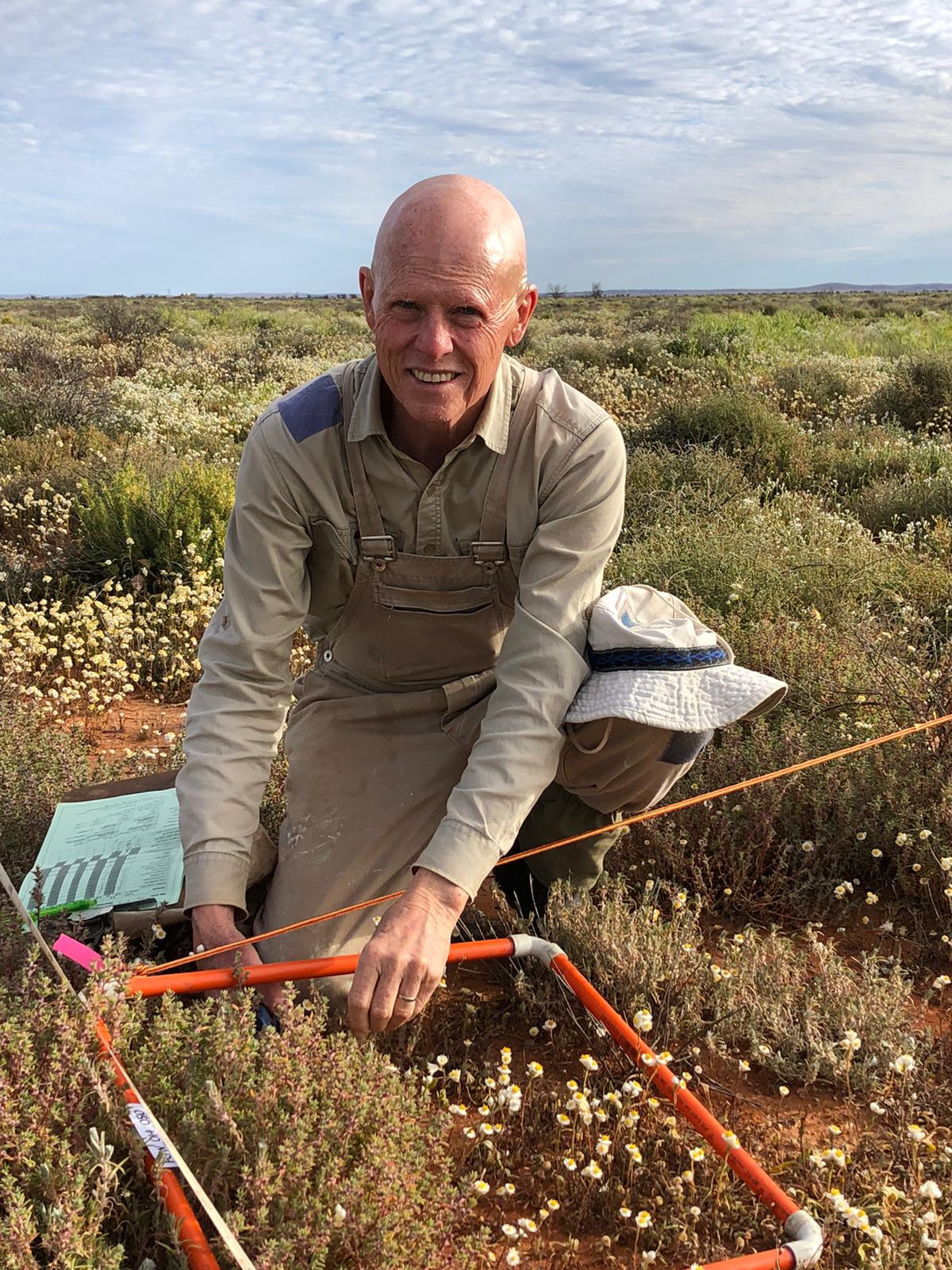

Feb 2025

Host: Professor Matthew McCabe
Abstract:
Drylands occupy about 40% of the area of the globe and support millions of people worldwide. Yet drylands soils are highly degraded due to inappropriate land management exacerbated by changing climates. The success of soil restoration in drylands has been mixed, with most techniques involving engineering approaches based on furrowing, pitting, water spreading and tree planting, to name a few. Recent research indicates that soil disturbing animals create structures similar to those used in soil restoration so may have a role in restoration. Soil disturbing animals state changes in soils, and have major impacts on soil function. In this presentation I provide global evidence to support the notion that the activity of soil disturbing animals can play a role in restoring degraded soils. First, I show results of a global meta-analysis, then evidence from a number of studies in eastern Australia and the United States demonstrating strong positive effects of animal activity on a range of critical ecosystem functions. Finally, I describe a manipulative experiment to determine critical levels of soil disturbance that might lead to a breakdown in ecosystem functions resulting from excessive animal disturbance in the absence of natural predators.
Bio:
Dr David Eldridge is a Professor in the School of Biological, Earth and Environmental Science at the University of NSW in Sydney, Australia. He previously worked as a Senior Principal Research Scientist the NSW Department of Environment and Planning. He has over 35 years of experience in rangeland monitoring and assessment, soil conservation in developing countries, grazing management, desertification and ecology of desert systems. He has published about 300 papers in international journals and is co-editor-in-chief of PRISMS Drylands, and a past long-time editor of the Journal of Arid Environments and Restoration Ecology. Over the past decade David’s research has focused on the effects of grazing on ecological processes, shrub encroachment, and the ecology and management of biological soil crusts. Today he will talk about his research on the effects of soil disturbing animals on ecosystem functions and their potential use for restoring degraded dryland soils.